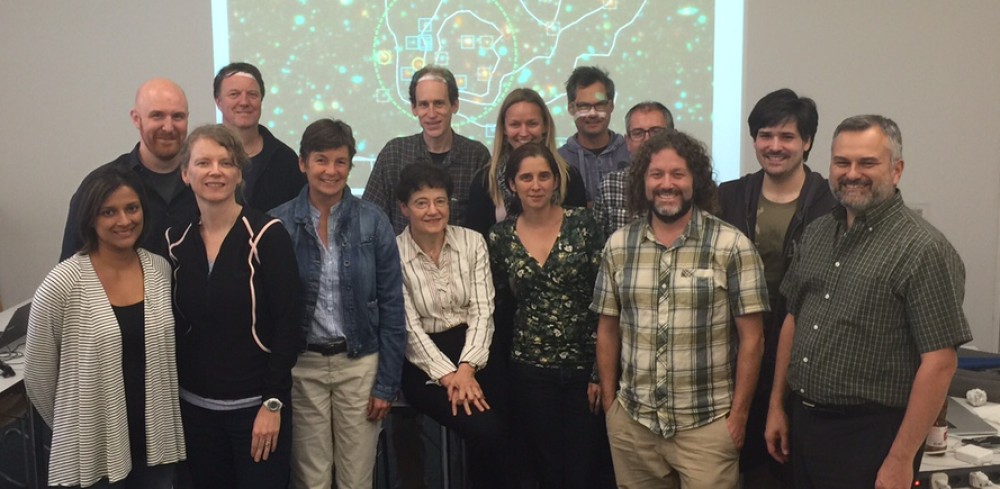Starting over thirty years ago astronomers began to suspect that the places in which galaxies live affects their state. Compared to the average galaxy, those residing in areas of high density, called dense environments, have systematically different internal distributions of their stellar mass, older stellar populations, and lower rates of forming new stars. In the past decade, large surveys of galaxies with ground-based telescopes have helped to cement these differences. Simultaneously, the list of candidate physical processes that manifest themselves as environmental affects has somewhat narrowed. Nonetheless, it is still not clear how galaxies are altered as they enter dense environments. What has become clear, is that finally solving this problem requires a direct measure of the gas content in galaxies, its physical state, and its spatial distribution. This is because different physical processes will affect the gas in different ways, even though the differences may be difficult to discern from studying starlight alone. We propose to bring together distinct research groups that are conducting state-of-the-art studies of the galactic gas in dense environments and how it evolves over most of cosmic time. These groups are characterizing the dust content of galaxies using the Spitzer Space Telescope, the distribution of star formation and ionized gas using the Hubble Space Telescope and the largest optical ground-based telescopes (GTC), and the distribution of the cold gas using the largest and newest radio interferometers on the planet (JVLA, PdBI, ALMA). Together these groups account for much of data on gas in dense environments and they are studying galaxies over the extremely large baselines in cosmic time, 10 Billion years. The group also includes theorists who specialize in studying galaxy environments. The purpose of this proposal is to bring this team together to synthesize their results and bring their unique data and expertise to bear on the problem of how dense environments affect the gas contents of galaxies and what physical processes are responsible for it.
The Effect of Dense Environments on Gas in Galaxies over 10 Billion Years of Cosmic Time
ISSI Team led by Gregory Rudnick (USA)
